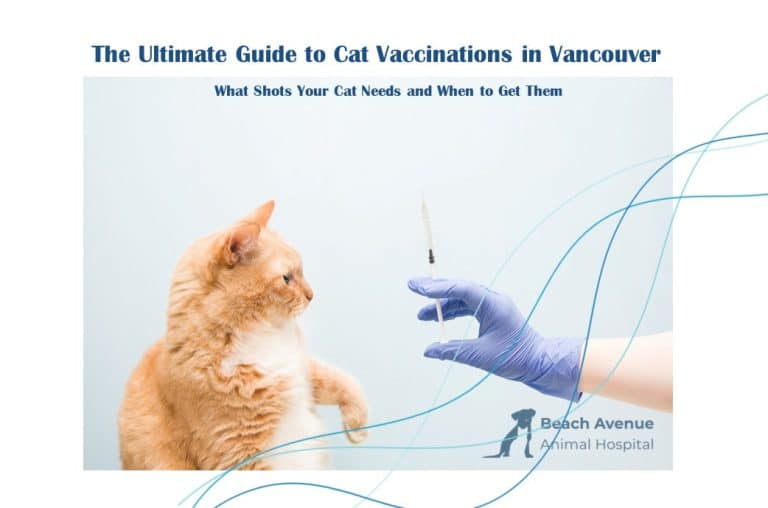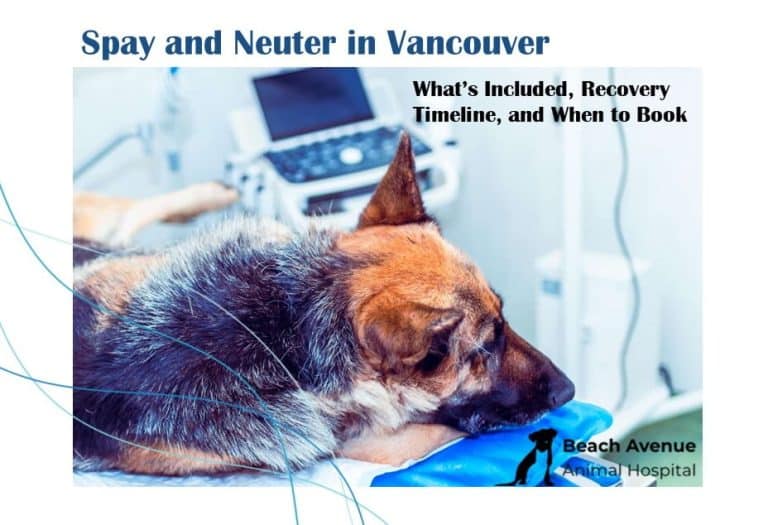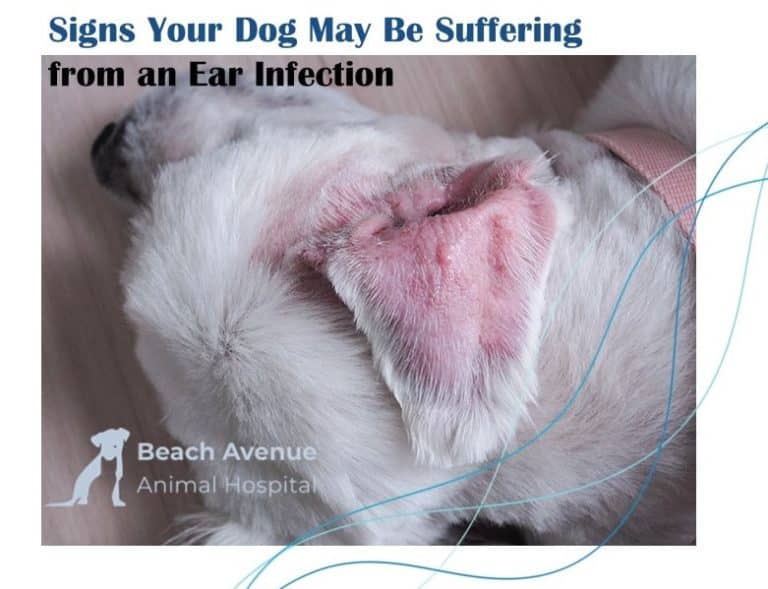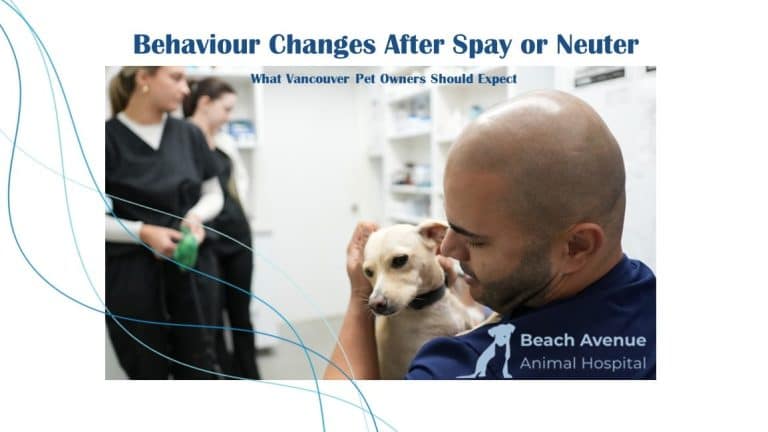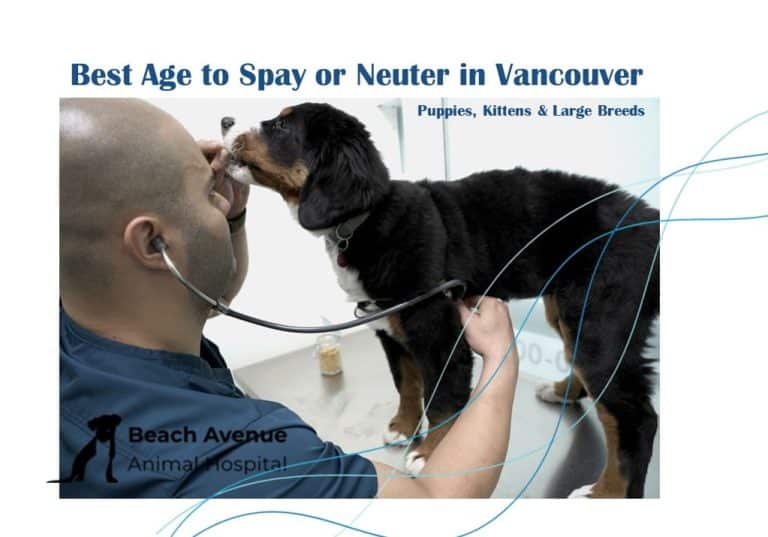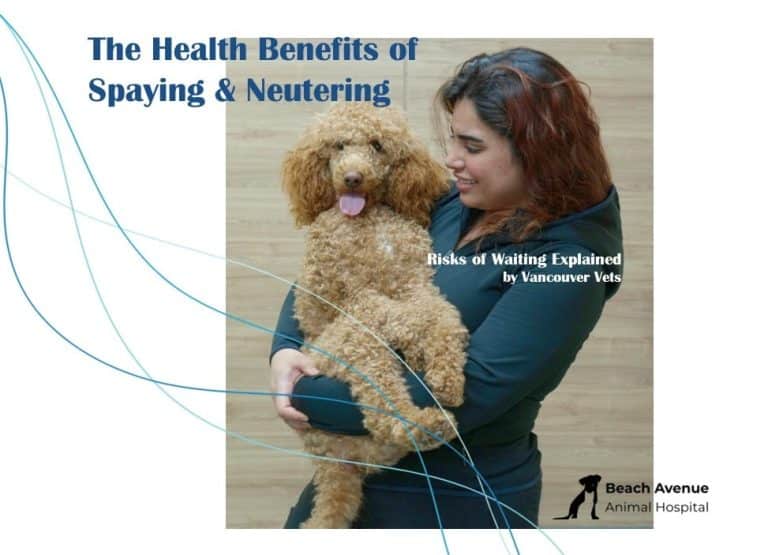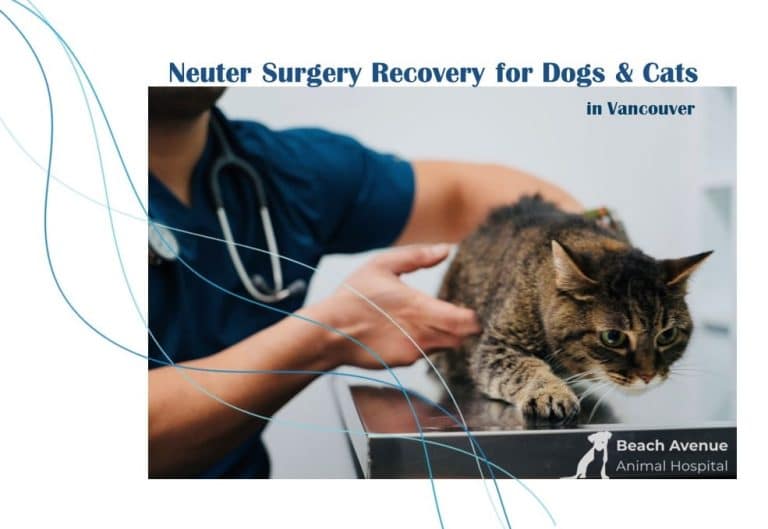Most dogs and cats enjoy chewing on or playing with long, thin objects like string, rope, or yarn. However, what may seem like a fun toy or plaything can quickly turn deadly if ingested. Here’s what you need to know about strings and string-like items and why you should keep them away from your pet.
Why Are Linear Foreign Objects Dangerous?
When pets swallow these “linear foreign objects” or “linear foreign bodies,” as we refer to them in the veterinary field, they can become incredibly dangerous.
If your pet has swallowed a string or string-like object, contact us immediately. This is a serious, potentially life-threatening situation, and the sooner we see your pet, the better chance your pet has for a faster recovery.
The particular problem with linear foreign objects is that one end can get caught or wadded up in one part of the digestive tract, like the base of the tongue (especially common in cats), the stomach, or the intestine, while the other end of the object continues to move through the gastrointestinal (GI) tract. When this happens, the string can become bunched up, much like an elastic drawstring in the waistband of sweatpants.
As the intestine tries to move the foreign object through the digestive tract, this motion can actually cause intestinal perforation if the object tears or saws through the intestine. If the contents of the intestine spill into the abdomen (a condition called peritonitis), the pet’s life can be at risk. Surgery is often required to remove the foreign body and repair any damage to the intestines.
What Linear Objects Should You Keep Your Pet Away From?
These long, stringy objects can spell trouble for dogs and cats:
- Carpet fibers (such as from looped Berber carpets)
- Dental floss
- Ribbon
- Rope and rope toys
- String and toys with string
- Strings from damaged or chewed leashes
- Threads from clothing
- Threads from towels or blankets
- Tinsel
- Twine
- Yarn
What Are Signs That Your Pet May Have Swallowed a Linear Foreign Object?
Signs that your pet may have swallowed a linear foreign body include:
- Abdominal pain or tenderness
- Dehydration
- Diarrhea
- Gagging
- Hiding
- Inability to get comfortable
- Lack of energy/enthusiasm (lethargy)
- Refusal to eat or decreased appetite
- Vomiting or attempting to vomit
What Should You Do If You Think Your Pet Swallowed a Linear Foreign Object?
If you think or know your pet swallowed a piece of yarn, rope, or other long, string-like item, call us right away. The quicker we can get your pet into the hospital, the lower the risk of infection and other complications.
Do not try to make your pet vomit. If you see a string protruding from your pet’s anus, please don’t pull on it to try to remove it. Doing so may injure your pet.
At Beach Avenue Animal Hospital, we’ll perform a physical exam and use diagnostic imaging, such as digital x-rays and abdominal ultrasound, to help us determine whether your pet has swallowed a string or other foreign object, as well as the best way to help your pet.
Please don’t hesitate to contact us if your pet is vomiting or showing other signs of possible linear foreign object ingestion.


